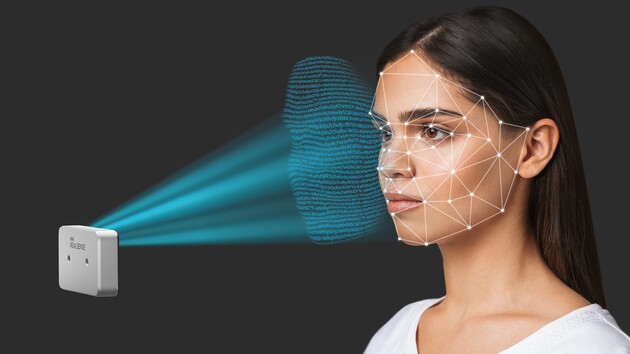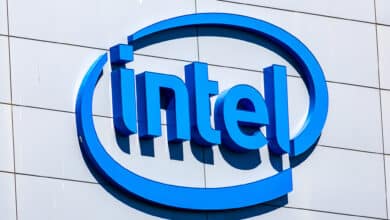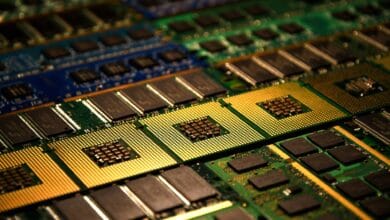
In view of the efforts to increase surveillance of public and private spaces, which are now also being implemented at a rapid pace in Western-oriented countries, the development of a facial recognition solution seems lucrative – consequently, it is hardly surprising that other companies besides Apple want to get in on the act. Intel is now presenting such a solution with RealSense ID, which is aimed at business customers.
Neural network as the foundation
At the core of the device, which is supposed to be able to correctly match the face of any person with a high degree of certainty, is a neural network. It is therefore a form of artificial intelligence that has been specifically trained to perform its tasks in the best possible way. Furthermore, technically it is not a simple 2D scan of the face, which is easy to outsmart, but a 3D scan that also captures the depth of the scanned face. In addition to two lenses, depth sensors are also used for this purpose. An anti-spoofing solution is supposed to ensure that the software cannot be fooled with photos, videos or masks. The scanned faces are to be stored on an integrated chip.
Controversial endeavor
The use of facial recognition software is part of everyday life for many people today: millions of people worldwide use a solution developed by Apple several times a day to unlock their iPhones. Nevertheless, it is a highly controversial undertaking. In the U.S., for example, the use of facial recognition software was stopped in many areas of public life because the algorithms behind the systems produced results that discriminated against non-white people. For example, non-white people whose faces were recognized were more likely than average to be flagged as potential criminals in police facial recognition software. IBM responded by removing all facial recognition products from the market. Amazon and Microsoft reacted similarly, suspending their existing contracts with police authorities. In addition, there are general security concerns, which are aimed at the fact that extensively used facial recognition, which is integrated into the most diverse areas of life, leads to a complete abolition of privacy and significantly facilitates government surveillance measures. Intel is bucking the trend with the development of RealSense ID, which has led to the suspension of further launches and developments.
Unclear data sources
Further, Intel has not commented on which databases the facial recognition system draws on. Thus, it is not known how large the database is and according to which criteria test subjects were selected. Intel only announced that it is a large database, which was created on the basis of images from Europe, Asia, the Middle East and Africa.
Possible areas of application
Access control, smart door locks, ATMs and retail are cited as possible applications for Intel’s new facial recognition solution. It is unclear exactly how it will be used, especially in the latter area.
RealSense ID will be available for companies from the beginning of March at a price of $99.



